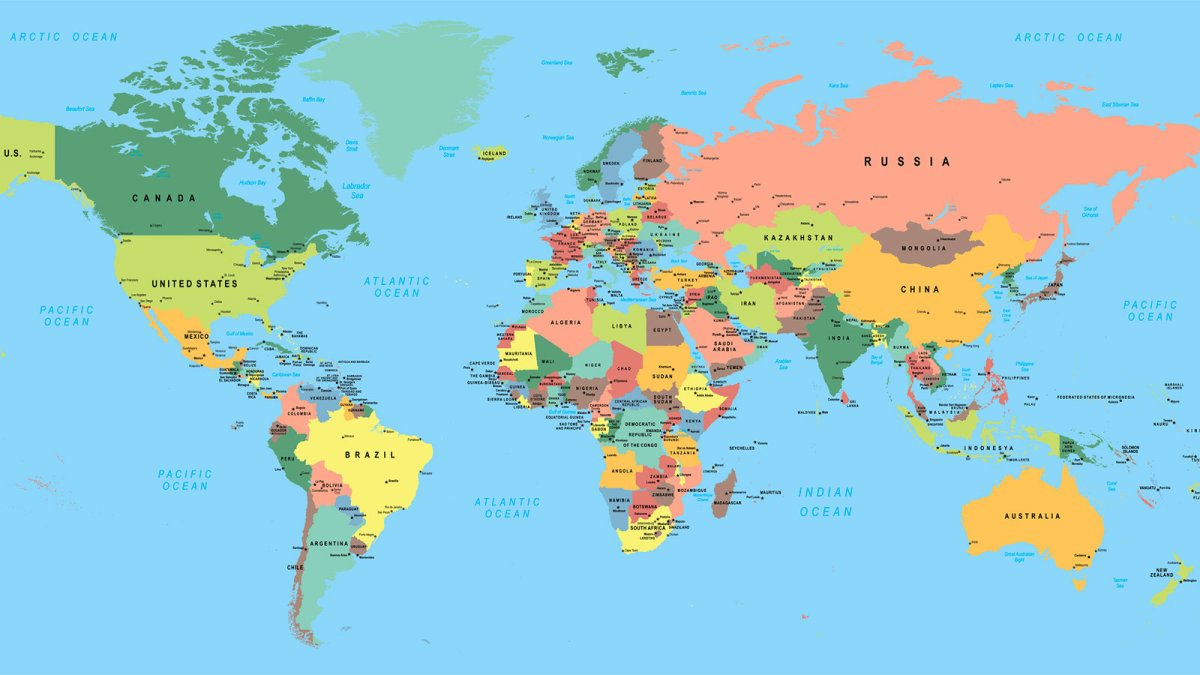A perspective on theories/models/typologies that I wish I had understood as a young grad student:
People often quip "all models are wrong but some are useful" (Box, 1976). But often it& #39;s also true that ***models are useful BECAUSE they are wrong.***
1/1
People often quip "all models are wrong but some are useful" (Box, 1976). But often it& #39;s also true that ***models are useful BECAUSE they are wrong.***
1/1
The purpose of a model/theory is to aid us in making sense of the world (organize, explain, predict), not necessarily to be a literal representation of reality.
Much of the helpfulness and usability of a good model is because it& #39;s NOT a literal representation of reality.
2/2
Much of the helpfulness and usability of a good model is because it& #39;s NOT a literal representation of reality.
2/2
Theories/models/typologies are like a map in that they are a purposefully distorted abstraction (Fried, 2020). A map intentionally oversimplifies with sweeping omissions, AND adds many non-real things (region borders, colors)... all to make it more useful. Models do the same!
3/3
3/3
In comm/psych, models become less useful when we try to use them as a literal depiction of reality.
And they become MORE useful when we try to use them as a non-literal map. They make purposeful distortions to help us achieve our goals. The "our goals" part is key...
4/4
And they become MORE useful when we try to use them as a non-literal map. They make purposeful distortions to help us achieve our goals. The "our goals" part is key...
4/4
There are some good frameworks for evaluating the value of a theory/model (e.g., Van Lange& #39;s TAPAS model). Past me was mostly interested in evaluating how well it relates to observed reality.
But now I& #39;m appreciating criteria evaluating the value of a theory/model *to us*.
5/5
But now I& #39;m appreciating criteria evaluating the value of a theory/model *to us*.
5/5
For example, Shoemaker et al (2004) emphasize that the value of a theory/model also comes from their heuristic value, idea generation ability, and even aesthetics (!!!).
Basically, how user-friendly and helpful it is.
6/6
Basically, how user-friendly and helpful it is.
6/6
In the past, I think I& #39;ve focused too much on evaluating theories/models based on how accurately they depict observed phenomena.
But (like maps) lots of the value of a theory/model comes specifically from the fact that they DON& #39;T do that. So let& #39;s not weight it so heavily.
7/7
But (like maps) lots of the value of a theory/model comes specifically from the fact that they DON& #39;T do that. So let& #39;s not weight it so heavily.
7/7
Instead, lots of their value comes from how well they accommodate US THE USER. The UX of theories/models.
Because ultimately, that& #39;s what they are for. They& #39;re a tool we& #39;ve invented for ourselves to use in pursuing goals that we& #39;ve also invented.
8/8
Because ultimately, that& #39;s what they are for. They& #39;re a tool we& #39;ve invented for ourselves to use in pursuing goals that we& #39;ve also invented.
8/8
Not sure where I& #39;m going with this, but lately I& #39;ve just been appreciating this perspective --- mostly due to long weedsy convos with @MattGoldberg100.
hmu with references to folks who have made these same points far more elegantly a long time ago, bc I& #39;m sure they exist.
9/9
hmu with references to folks who have made these same points far more elegantly a long time ago, bc I& #39;m sure they exist.
9/9

 Read on Twitter
Read on Twitter



